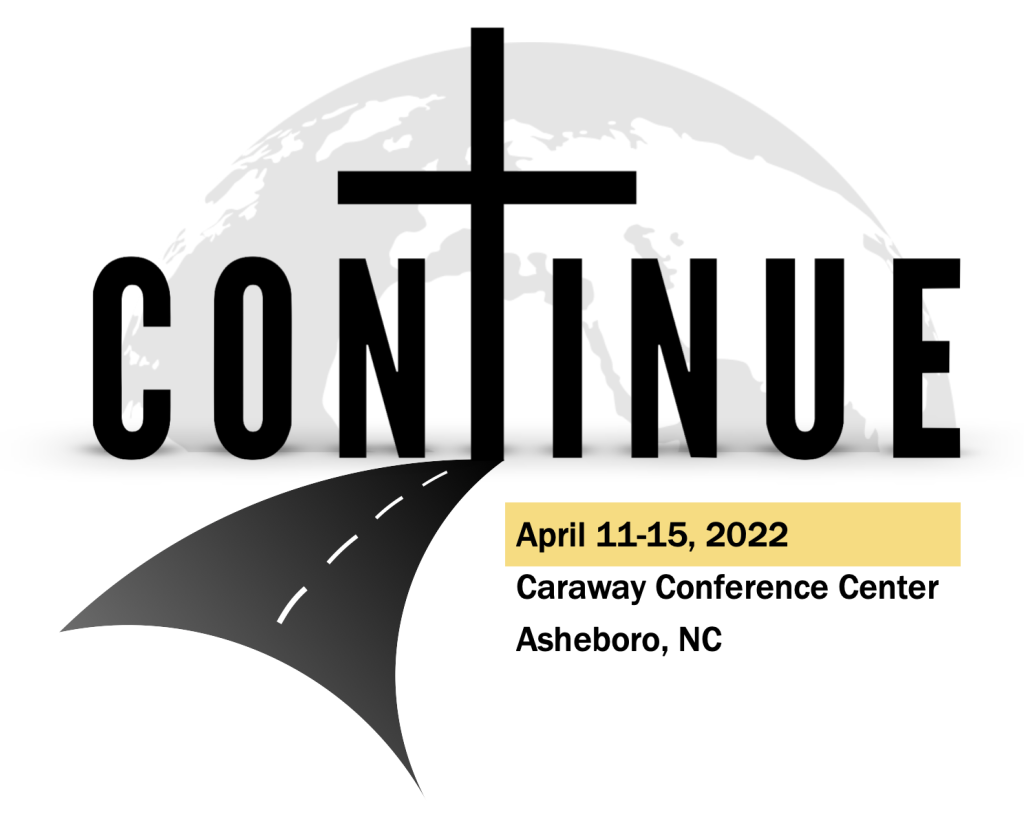by John O’Malley
This past week, I met with nearly thirty pastors from across the Arabic-speaking world who serve in the 10/40 window.
These men will never have their names in a nationally recognized religious periodical. These men will never have their names heralded from a national religious worker’s conference platform. Instead, they serve in anonymity to man but are known to God.
These men and their families know suffering, persecution, beatings, and death, and are acquainted with difficulty.
These men serve where God called them. They serve in places few would go and where no American could easily go. They serve in their homelands.
These men bring the Gospel to places where hostility for their faith abounds from governments, culture, and religious militants.
These men will continue to serve when their churches are threatened with bombings, imprisonment, and loss of all their possessions.
These men care deeply for each other. They strive to help each other in the ministry. They are raising their families in locations we would call extremely challenging, but they call the same locations home.
World Wide missionaries Edgar Feghaly and Mike Ward work with these nearly 30 men. In fact, there are even more men with whom they work whom I did not meet. These men spoke with affection for our two missionaries and our missions agency. These dear National Partners and Associate Gospel Workers expressed gratitude for the help they receive.
These men reminded me of the unnamed people in Hebrews.
“(Of whom the world was not worthy:) they wandered in deserts, mountains, and dens, and caves of the earth. And these all, having obtained a good report through faith, received not the promise:” – Hebrews 11:38–39
Indeed these dear servants of the Lord, known to our God, must be like those of whom the writer of Hebrews wrote.
Yes, some of these men are in hiding. Some serve in nondescriptive locations. These men face an oppressive religious culture, yet they figure out a method to obey the Great Commission. Their townspeople speak of how Islam kills their families, and the Islamic persecution makes them turn to Christianity. Some of these men have been imprisoned, beaten, separated from their families, lost their homes, faced humiliation, and have known personal suffering because of the Gospel.
The men I met told me how they prayed for World Wide New Testament Baptist Missions, the churches who support them, and those in our office who serve them. They asked me to remember to pray for them, their families, and their outreach.
Before the men departed, Brother Feghaly asked me to pray publicly for these dear servants. As these men knelt before the Lord and the congregation of believers, I thought, “The world is not worthy of these beloved servants.”
Dear WW family, you are serving somewhere today. Wherever you serve, remember God sees you. He knows where you are, the sacrifices you make, the distance you are away from your family, and the oppressive religious culture where you serve.
Keep your eyes on Him; His eyes are on you.
Yours for the harvest,
John O’Malley
If this article has been an encouragement to you, you can email Bro. O’Malley here to let him know.


